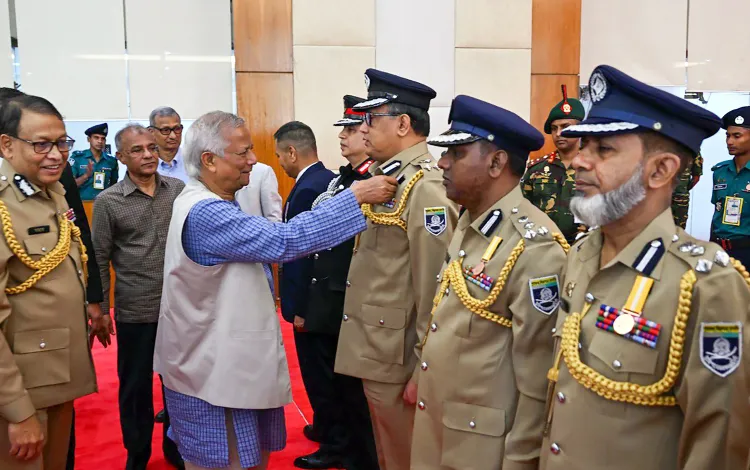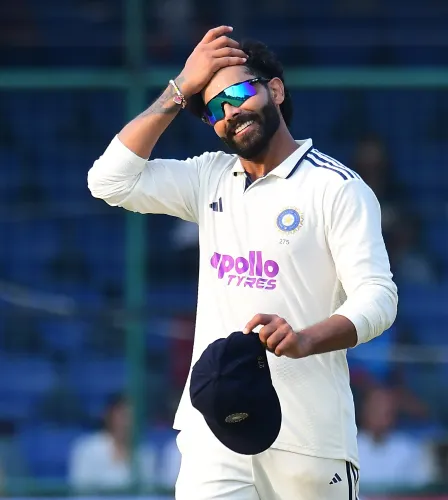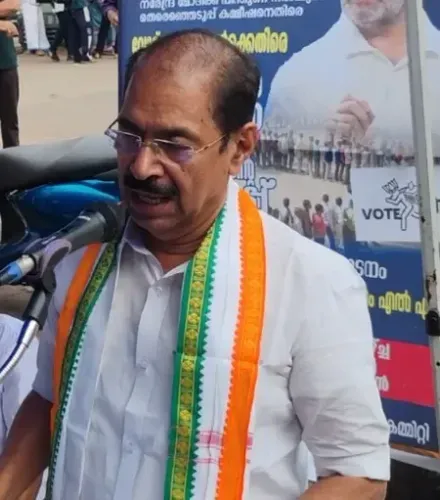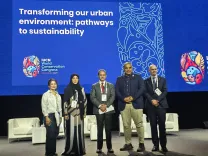Is Bangladesh's DGFI Facing New Challenges from ISI and Jamaat?

Synopsis
Key Takeaways
- DGFI's initial role was heavily influenced by the ISI.
- Collaboration with the Bangladeshi Army has been pivotal in counter-terrorism.
- Jamaat-e-Islami's involvement raises concerns about radicalization.
- Yunus's regime is attempting to reshape security institutions.
- Political unrest is escalating due to these changes.
New Delhi, Oct 11 (NationPress) The Directorate General of Forces Intelligence (DGFI) in Bangladesh initially operated under the influence of the ISI. It was involved in multiple discussions with ISI representatives and had plans to increase infiltration into India to effect demographic changes.
Under ISI's direction, the DGFI enlisted Jamaat-e-Islami to execute this agenda. However, over the years, the DGFI aligned more closely with the Bangladesh Army and effectively engaged in counter-terrorism efforts.
The ISI became discontent with these developments, having lost a key ally in Bangladesh. Recently, the DGFI has successfully conducted operations against terrorist groups and collaborated with Indian intelligence to combat the ULFA. Most notably, it has kept Bangladesh insulated from transnational terrorism.
This situation has caused unease among radical factions in Bangladesh and the ISI. Presently, similar to the Bangladesh Army, the Yunus regime is working to dismantle the DGFI and replace it with an organization that would be more aligned with the ISI.
Yunus faces pressure to substitute the Bangladesh Army with the Islamic Revolution Army (IRA).
Both the Jamaat and the ISI aspire for a military structure in Bangladesh akin to Iran's Islamic Revolutionary Guard Corps (IRGC). This would entail the establishment of a new agency similar to the DGFI that would operate closely with the IRA, which would prioritize loyalty to the government over the nation.
The Yunus administration has initiated steps to dismantle the DGFI and eventually the army. While quickly moving to prohibit the Awami League from participating in elections, it has also filed charges against various leaders and senior DGFI officials.
Among those named in a chargesheet for crimes against humanity are former DGFI Director General Lt Gen (retd) Mohammad Akbar Hossain, former DG Maj Gen (retd) Saiful Abedin, Lt Gen (retd) Md Saiful Alam, former DG Lt Gen Tabrez Shams Chowdhury, former DG Maj Gen (retd) Hamidul Haque, Maj Gen Towhidul Islam, and Maj Gen Sarwar Hossain, among others. Interestingly, Sheikh Hasina has also been included in the same chargesheet.
This situation escalated after a propaganda documentary funded by the National Endowment for Democracy, which has historically aimed to tarnish the reputations of both the Army and the DGFI. The film presented misleading information and manipulated testimonies against the Hasina administration.
The Yunus government promptly seized upon this documentary to launch an offensive against the previous regime and its officials who served under Hasina.
However, officials assert that the main objective is the dismantling of the DGFI and ultimately the army. The DGFI played a vital role during the protests against Hasina in 2024. The ISI and Jamaat were displeased with this, and now that they hold power, they are adamant about dismantling these entities that have effectively combated terrorism in recent years.
Eliminating these institutions serves the ISI's interests, allowing it to pursue its agendas in Bangladesh without hindrance. The only two barriers to their operations were the army and the DGFI.
This clearly indicates that Yunus aims to create institutions that are loyal to him personally rather than to the country. The IRA would be an ideal institution for both Yunus and the ISI. The IRA would oversee security, with a subdivision functioning as an intelligence agency.
These unfolding events have left the political landscape in Bangladesh feeling unsettled.
The Bangladesh Nationalist Party (BNP) and the National Citizens Party (NCP) have grown increasingly wary of Yunus following these developments. Both parties desire a functioning democracy, not a regime ruled by the IRA under Yunus's direct control. This has led political parties and the public to question whether Yunus intends to allow elections at all.









